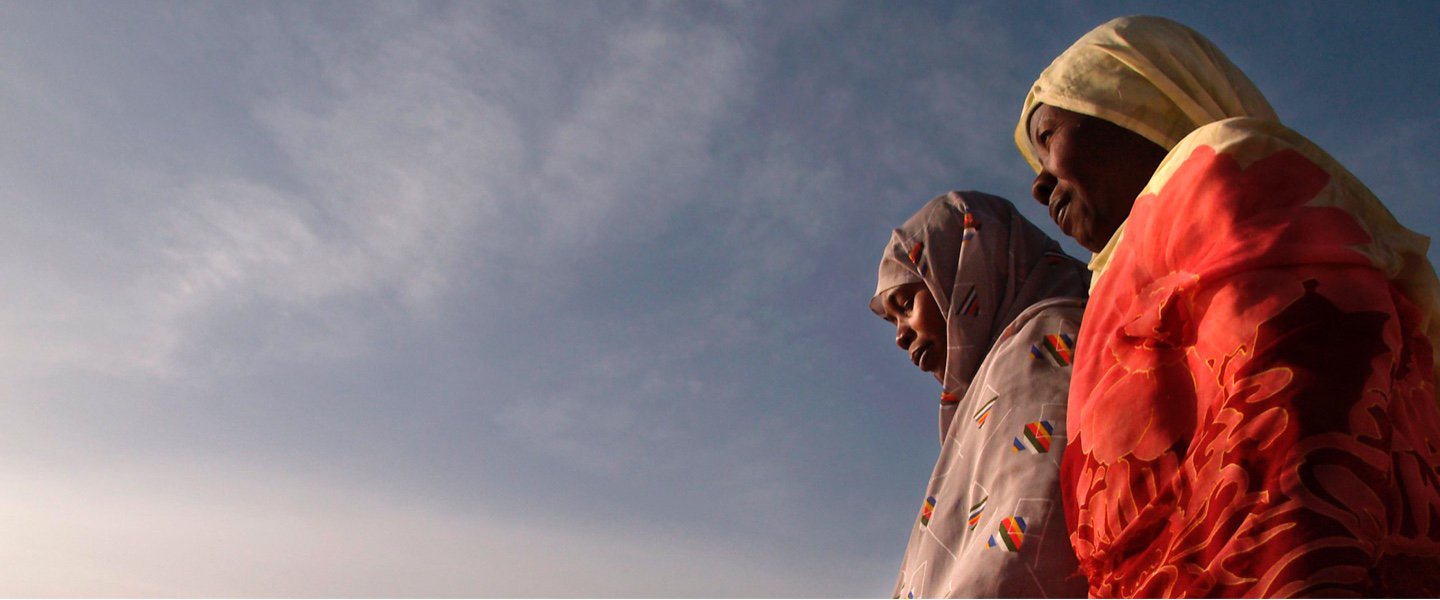Before the COVID-19 and overlapping crises, IDA countries needed to create 20 million jobs a year for a decade to keep pace with youth entering the labor markets. But during the COVID-19 period, millions of jobs were lost resulting in 97 million people falling into poverty.
IDA20 supports the Jobs and Economic Transformation (JET) agenda by creating jobs, addressing the immediate needs of minimizing job losses and mitigating risks, while also helping countries capture longer-term job creation opportunities.
Based on eight JET policy commitments, IDA20 identifies and prioritizes high-potential sectors that can drive job creation in a post-COVID-19 world. Such sectors include those that are climate and environmentally friendly, and those that are inclusive. JET focuses on adopting digital technology and expanding broadband access, investing in agriculture and food security, delivering quality infrastructure investments, and addressing constraints to micro, small, and medium enterprises (MSMEs).
Further supporting the JET agenda is the Private Sector Window (PSW), which continues to catalyze private sector investment and facilitate market-creation in the most fragile and complex settings that would otherwise not be commercially viable.
IDA has a track record of supporting economic growth and investments that create jobs and boost incomes. Many challenges remain, but IDA's work is producing results:
In the Maldives, an IDA-supported unemployment insurance program mitigated job losses during the COVID-19 crisis. About 23,000 workers, a third of whom were women, received financial support.
In Togo, 14,000 young people received micro-entrepreneurship training and were able to prepare basic business plans. In addition, almost 12,000 youth from the poorest communities benefitted from start-up grants, and 94 percent of them were able to start their own businesses.
In the Pacific Island nations of Tonga and Marshall Islands, whose livelihoods are ocean-based, communities have been trained in sustainable marine management and clam farming. Pearl producers have built capacity in pearl care and establishing alternative markets.
In Yemen, the IDA PSW's support for HSA Group - the country’s biggest provider of food staples - is ensuring that operations continue despite overlapping crises. The support is safeguarding nearly 5,000 jobs, creating the potential for additional jobs as production grows, and assuring that flour, sugar, wheat, and dairy products remain at adequate levels of availability and are distributed to communities in need.
Last Updated: Mar 28, 2023




